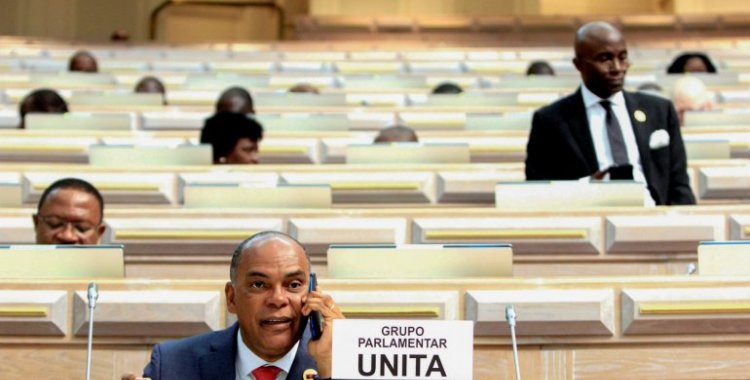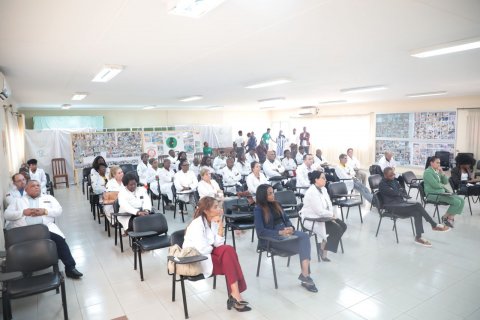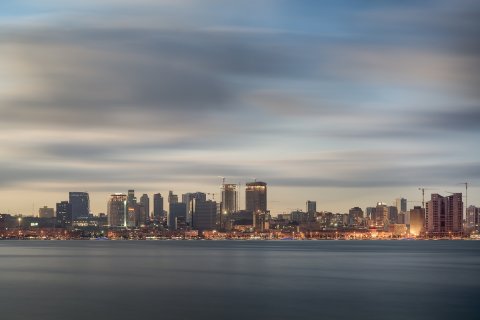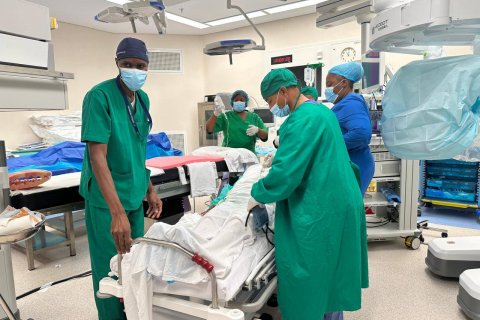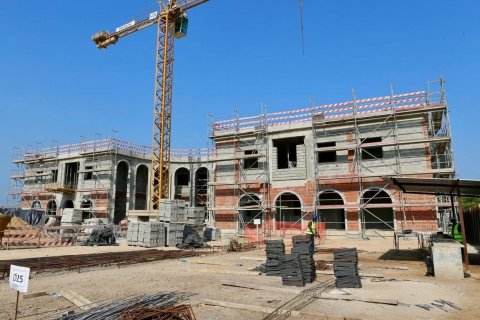At a press conference in Luanda, the president of the parliamentary group, Liberty Chiaka, associated the controversy surrounding subsidies - with the largest opposition party being the target of criticism for having voted in favor of this proposal - to a "distraction maneuver" and stressed that it is not the country that is in crisis, but governance.
The UNITA parliamentary group voted in favor of updating the installation and end-of-term allowances for those elected to the National Assembly, but, according to Liberty Chiaka, the deputies received instructions from the party leader, Adalberto da Costa Júnior, to "share in 50 percent the installation subsidy with society and another part in the framework of individual responsibilities".
"There is no room for entertainment that seeks to divert the core of the public debate from the causes of the economic and financial crisis," he continued.
The political leader also criticized the "disastrous" policies of the Government, accusing the holder of executive power of having lost the fight against inflation, while "opportunists devise new schemes to continue stealing".
"Cartels to import oil derivatives have been set up, blocking the diversification of the economy" and attacks against the rule of law are multiplying, while "people are hungry, unemployed and desperate", he said.
"Instead of changing course, from a psychological action office or strategic studies, strategies are rehearsed to divert citizens from the essential issue", accused the deputy, according to whom the crisis "results from bad governance, corruption, impunity, capture by the State, authoritarianism and open or disguised theft".
Liberty Chiaka regretted that only UNITA's parliamentary group showed solidarity with the families of the young people who were killed during the demonstrations.
For Chiaka, the late publication of the resolution that updates two elements of the deputies' remuneration statute is a "distraction strategy", emphasizing that the remuneration statute exists since 2008, having now been updated the installation subsidies, attributed at the beginning of the mandate, to around 25,000 euros, and at the end of the mandate (to around 28,000 euros, practically twice as much).
For UNITA, with the update of the installation subsidies and the end of the mandate, "an opportunity opens up for us to continue to put pressure on the executive in order to respond to the complaints of the different socio-professional classes that claim for better wages and working conditions".
UNITA maintains that the economic and social crisis in Angola is not due to a lack of money, but to a "lack of strategic vision and commitment to dignity", as well as an increase in corruption and impunity.

